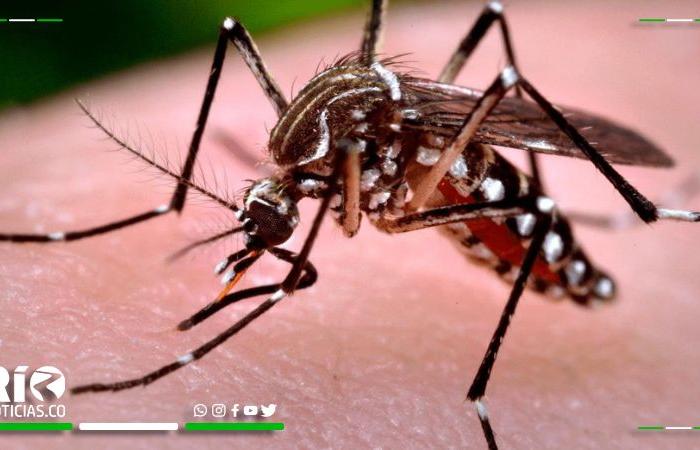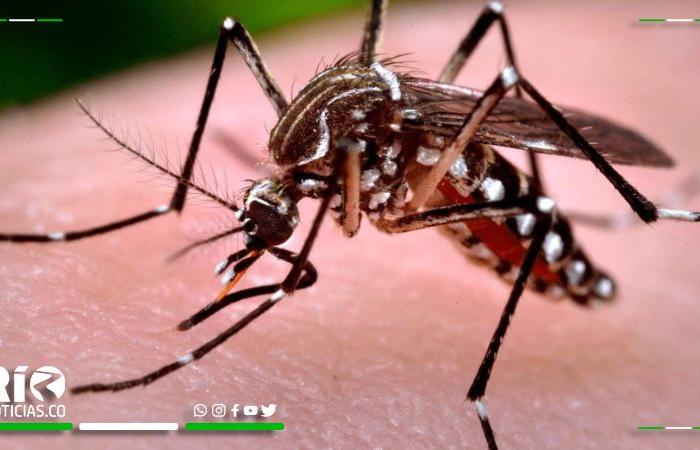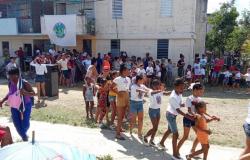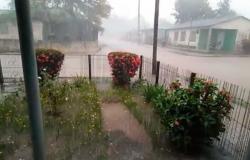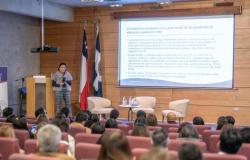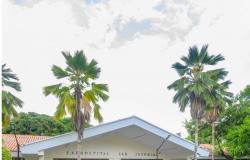The World Health Organization reported in 2023 that dengue cases would increase, a situation that countries like Colombia are already experiencing. In the department of Córdoba, in the last few hours an analysis of the situation was carried out and the presence in Montería, which is the city that accounts for 40% of the cases, of a new mosquito that transmits dengue was confirmed: Aedes albopictus.
Elkin Monterrosa Vergara, entomologist at the Departmental Health Secretariat of the Government, assured that there is constant surveillance of new vectors that are introduced to the department and that can transmit other diseases. “In this case we found in the municipality of Montería, through the larvitraps placed in different neighborhoods in the month of May, the famous aedes albopictus. This mosquito had not been reported in the municipality of Montería, it had already been found in five municipalities in the south of Córdoba, however we had not yet identified it in the middle Sinú and lower Sinú,” he explained.
The difference between Aedes aegypti and Aedes albopictus is that the latter can reproduce in clean and dirty waters. Therefore, the call to the entire community “to help us avoid these water stagnations, they will no longer be just clean water, remember that these stagnations with the rains, drain those waters that are stored in the vacant lots”, commented the entomologist.
The identification of the municipalities that initially reported the new mosquito was carried out by the University of Córdoba last year and the presence was determined in municipalities such as Ayapel, Buenavista, Planeta Rica, Pueblo Nuevo and Puerto Libertador.
The departmental Secretary of Health Development, Carlos Vasco Álvarez, reiterated the importance of self-care and recalled that dengue can affect all people without distinction of age, sex, race or social stratum. “The call is to take care of ourselves, to inform ourselves about preventive measures and to act to confront this disease through prevention,” he stated.
Symptoms associated with dengue
The symptoms that should set off the alarm are: high fever for more than three days, muscle and bone pain, nausea or vomiting, skin rashes, pain behind the eyes. If you see these symptoms, consult your doctor, do not self-medicate.
Measures to prevent dengue
1- Eliminate mosquito breeding sites such as tires, lids, puddles and points where water stagnates.
2-Keep pools and water tanks covered and wash them every 8 days.
3-Use repellent.
4- Install mosquito nets, especially in rural areas
5- Drain the water that is stored in vacant lots and keep them free of weeds
Data
According to the Epidemiological Surveillance System, as of week 23, 2,113 cases of dengue have been reported in the department of Córdoba, of which two deaths have been confirmed by the National Institute of Health.
Between March and June of this year, 81,454 people in 29 municipalities of the department have been reached with dengue promotion and prevention, with the Vector-Transmitted Diseases and Zoonoses Team, ETV, of the Government of Córdoba. The actions focus on home, community, educational, work and institutional environments.

